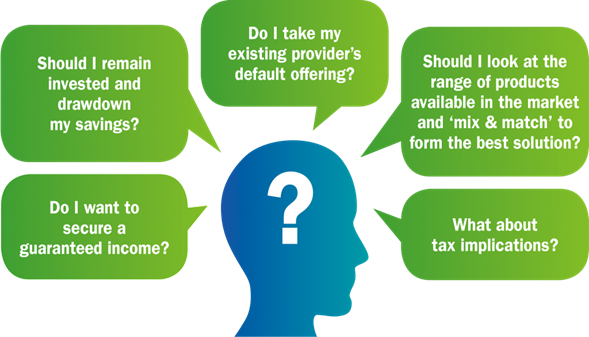Imagine a world where intelligent, personalised recommendations helping you manage your savings, debt, protection and retirement needs are conveniently streamed to you through a single app for when it is needed and all at an affordable, monthly cost. Like a personal financial adviser in your pocket.
A pipedream? With the rapid development of the so-called robo-advice phenomenon and digitisation of financial data, the UK FinTech sector is on the cusp of creating everyday solutions with potential to deliver a societal benefit of helping consumers secure better financial outcomes.
The need for greater consumer engagement in their financial self-provision is an obvious one with benefits flowing to individuals, the financial services sector and the UK economy. Recent government initiatives are driving this agenda at pace, including workplace auto enrolment, Pension Freedoms and ISA reforms. Improved choices are welcomed, but in reality, can be a headache because with more choice comes more risk.
Research consistently evidences that consumers don’t have the necessary support to help them make the best decisions for them. Without change, the sheer complexity will inevitably result in financial ‘self-harm’ for many – potentially causing a ‘mis-buying’ crisis on a wider scale – with a further erosion of consumer confidence in the industry.
The need for consumers to have access to expert help to confidently make better financial decisions has never been greater. Financial advice particularly has a pivotal role to play here because it is defined as the threshold regulatory standard of service for making personal recommendations on which specific products to purchase. But, with too few advisers, onerous manual processes and high costs, advice today is generally perceived as a daunting, unaffordable option.
Consequently the application of sophisticated FinTech to digitalise advice services emerges as a desirable mass market opportunity, with potential for enhanced user experiences and in doing so de-risking product distribution from inappropriate ‘self-serve’.
What does the market look like today?
Following early evolution in the United States, where over USD 75 billion of assets are served through robo-advisers, there are now 40 so-called robo-advisers in the United Kingdom. With elegant user experiences and variable levels of sophistication, these are characterised by focusing solely on automated investment fund selection, ironically often not representing regulated advice solutions.
In 2015, LV=, in partnership with Wealth Wizards, launched the world’s first fully regulated online retirement advice platform generating automated recommendations selected from across different providers and products and has subsequently fully integrated the solution into its advisory practice, launching a ‘Robo-paraplanner’ application earlier this year.
With over fifty active participants, including high street banks, predicted to enter in the next 12 months, early adopters look set to secure advantage by learning fast from initial insights.
Innovation required within a robo-advice solution
Developing fully functioning automated advice solutions is undoubtedly complex. Designing algorithms and technology to automate the nuanced judgements of a skilled financial adviser is just one dimension. Reimagining user-friendly digital data collection, creating smart risk and governance controls to constantly validate the systemic quality of the automated advice, and designing in the desired level of integration with human advisers and back-office systems are equally crucial to success.
Does this mean the death of the adviser?
Reports of robo-advice signalling the death of the adviser are widely exaggerated. Robo-advice presents a clear industry opportunity to help equip more customers than ever so they can truly benefit from their freedoms of choice with reduced risk. The future looks bright for advice.
